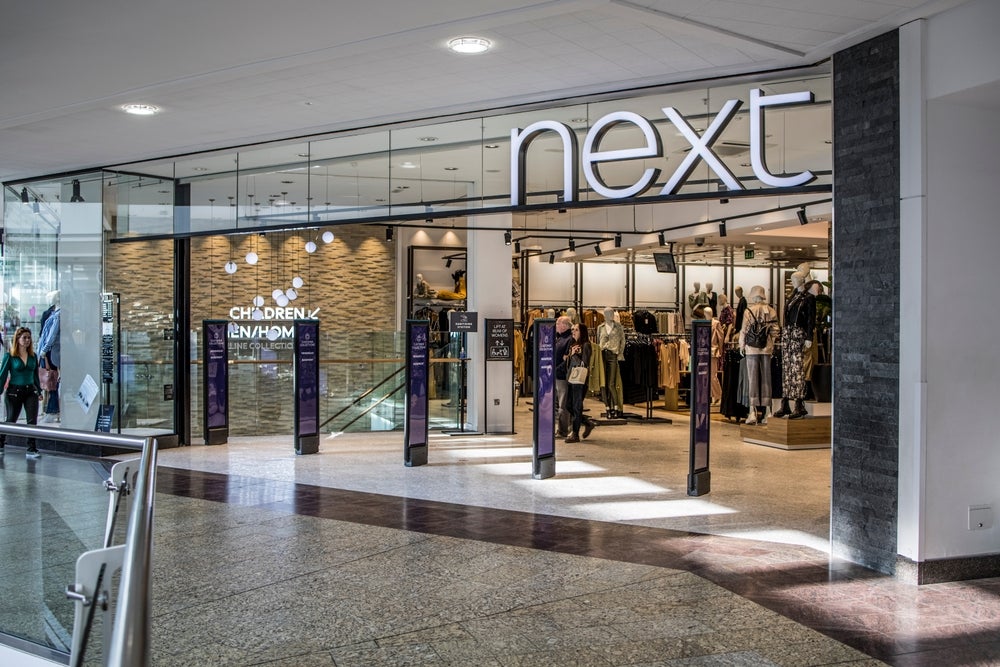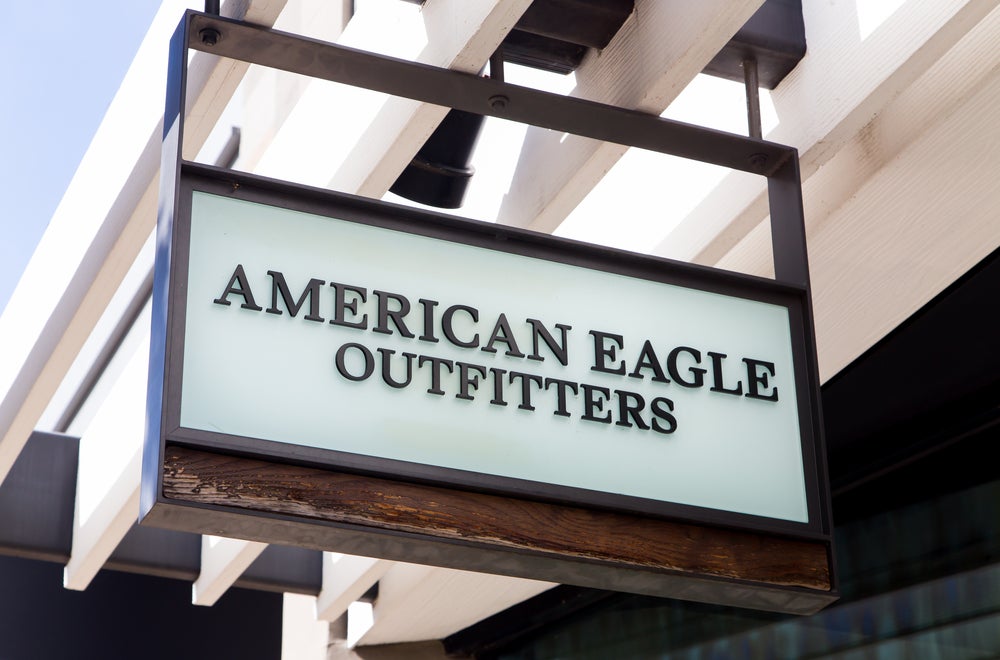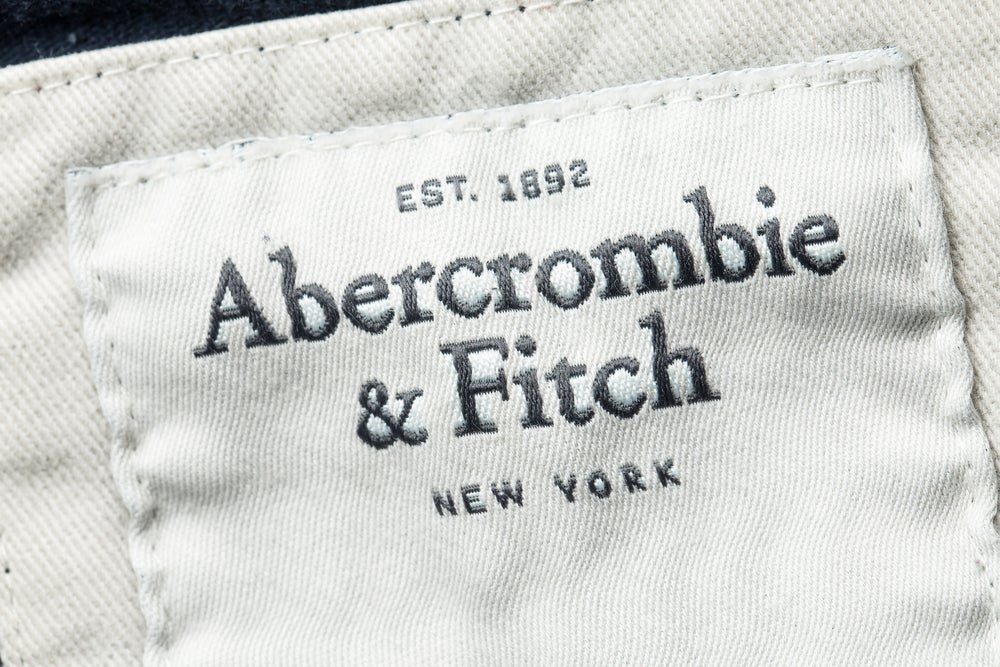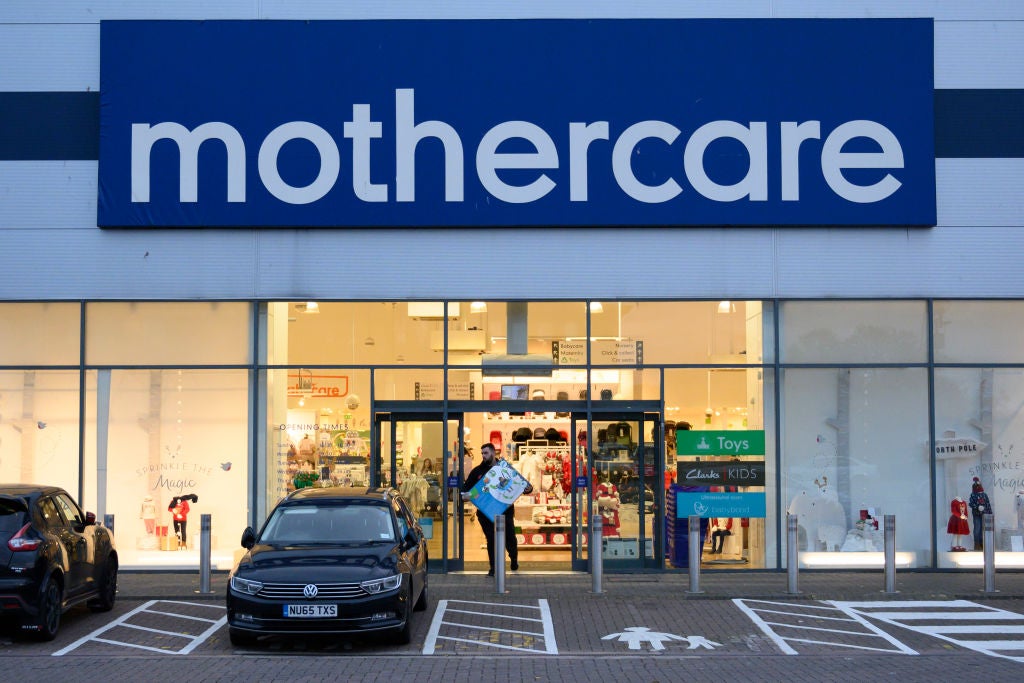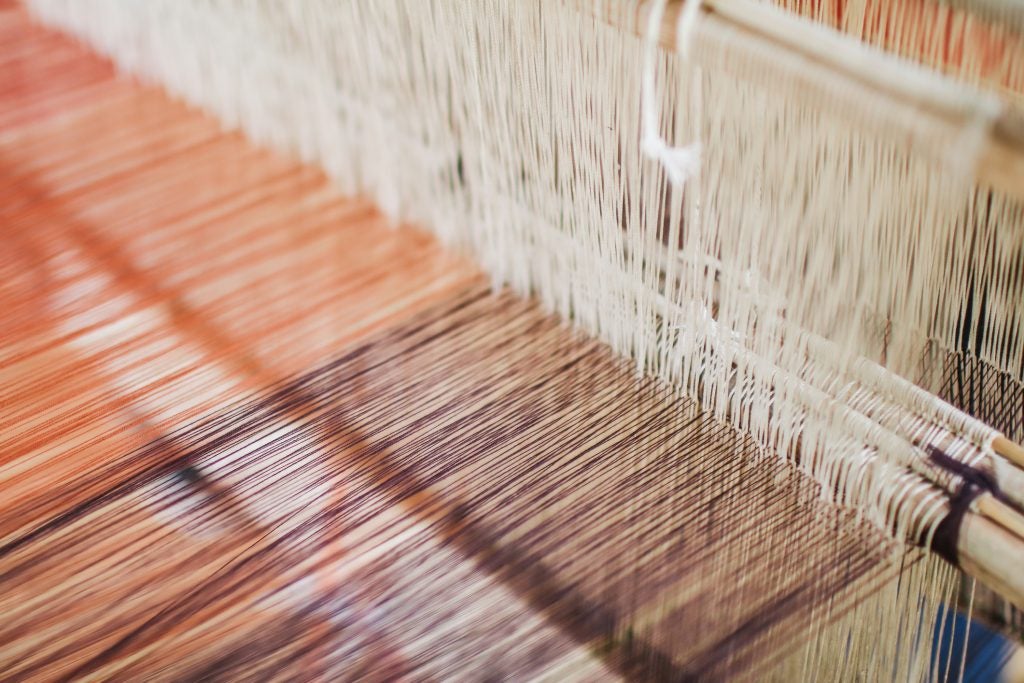Shoppers continue to seek out the best deals during the Black Friday weekend, but the instant gratification of a bargain and the growing need for sustainability in the fashion sector are very much at loggerheads.
At a time when the fashion industry is striving to reduce waste, promote slow fashion, and embrace sustainability, the irony of Black Friday cannot be ignored, especially as it lands just days before COP28.
One significant development in the pursuit of sustainable fashion comes from Vestiaire Collective, a luxury resale platform, which recently made headlines for taking a stand against what it describes as "fast fashion" brands.
The timing of this move was deliberate as the luxury resale platform described Black Friday as a date “where consumption will skyrocket, especially of fast fashion.”
This decision challenges the conventional narrative of Black Friday, as these fast fashion brands are excluded from a platform dedicated to a more sustainable approach to consumerism.
Vestiaire Collective's decision is a clear signal that some members of the fashion industry are re-evaluating practices. It underscores the need for a shift away from the disposable, trend-driven model kept alive by Black Friday, towards a more circular and responsible approach to fashion consumption.
In addition to the ban on fast fashion brands, concerns around fashion returns are also shedding light on the environmental impact of the industry, especially during Black Friday.
True Fit suggests the average shopper will return 15% of the fashion items they purchase during Black Friday and Cyber Monday sales. Plus, it says one in five millennials would be likely to return fashion items bought during these events.
Returns not only contribute to financial losses for retailers but also take a significant toll on the environment.
The impact ranges from increased carbon emissions due to transportation to the massive waste generated from unsold and returned items and directly contradicts the principles of sustainability the fashion industry is increasingly advocating for.
Black Friday's endorsement of impulsive buying and the subsequent surge in returns only exacerbates these problems, further highlighting the contradiction between the industry's sustainability goals and the consumerist throwaway culture it promotes during this annual shopping event.
It won't be long before consumers question the difference between the new sustainable values championed by the fashion industry and the behaviours it encourages during Black Friday.
Ultimately, the hypocrisy of Black Friday in the context of the fashion sector's push for sustainability is clear for all to see.
Perhaps it's time for the fashion industry to reconsider its participation in Black Friday and instead support initiatives that promote responsible and mindful consumption.
After all, true change starts with the choices both individuals and bigger organisations make and next year's Black Friday could present an opportunity to for the sector to show the planet and consumers that it's ready to go beyond words and make a real change.
Top stories on Just Style from last week
Signal: Apparel sector urged to promote sustainable forest certification
The Programme for the Endorsement of Forest Certification (PEFC) tells Just Style fashion brands are not advertising their certifications on labels, which is "a "real missed opportunity" for the many brands that are using forest-sourced materials in their supply chains.
Signal: Iconix’s streetwise investment ensures smooth global roll-out for Hoodrich
Brand management firm, Iconix International, has strategically forged a partnership with the global organisation, Batra Group and retailer JD Sports, and has ultimately assembled a powerhouse team to geographically expand the streetwear brand Hoodrich.
Hela Apparel Interlock Africa initiative raises bar for region's sourcing growth
After seven years of operating in Africa as a fashion supplier, Hela Apparel is launching its Interlock Africa initiative which aims to share its supply chain know-how with other manufacturers looking to tap into the region. Sachith Balage – director of sourcing and supply chain for Hela tells us more.
Vestiaire Collective bans H&M, Zara, Gap in fight against fast fashion waste
Pre-loved fashion platform Vestiaire Collective bans 30 fashion brands from its platform as part of its three-year plan to stop selling fast fashion items altogether and tackle the industry's waste problem.
Gap Inc beats Q3 estimates, vows brand revival on Banana Republic, Athleta challenges
US apparel company, Gap Inc. reported better-than-expected results for the third quarter ended 28 October 2023, but issued downbeat guidance for its holiday quarter as it plans to revive and turn its label, Banana Republic into a quiet luxury brand.
Signal: Impact of fashion returns hits spotlight ahead of Black Friday
A new report from AI platform True Fit says Gen Z consumers in the UK are expected to send back the most items following Black Friday, however GlobalData’s filings data shows mentions of ‘"returns" has fallen in the last two years.
Fashion buyers should reaffirm Bangladesh sourcing commitment
Following concerns over Bangladesh's minimum wage decision for garment workers, Fair Wear Foundation's executive director Alexander Kohnstamm says fashion brands should show suppliers they are making responsible sourcing decisions and will stay in the region.
H&M increases prices paid to its Bangladesh garment suppliers
Founder & CEO of Bangladesh Apparel Exchange, Mostafiz Uddin has confirmed to Just Style he received a letter from Swedish fashion retailer H&M stating it is increasing prices paid to garment manufacturers in-line with the recent rise of minimum wages in Bangladesh.





